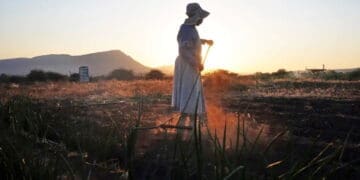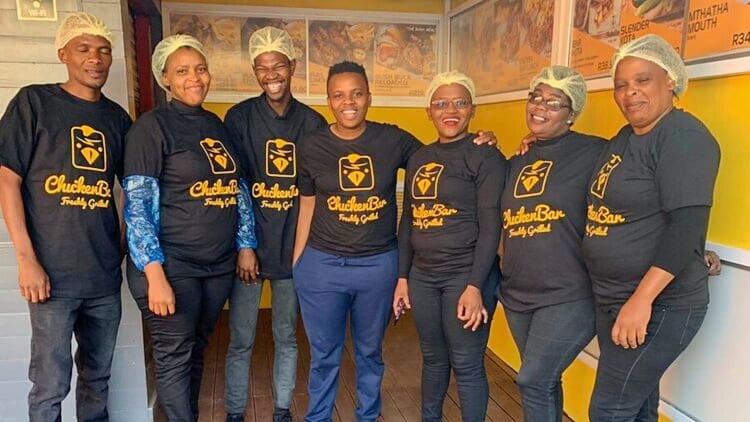Women now command a 40% stake in the franchise sector but more needs to be done to help them make an impact in the tough section with models that fit their realities that are flexible, community-driven and teachable business systems.
“Building innovation for women in franchising and empowering women in business isn’t a side project. It’s the next chapter of SA’s growth story, and if we get it right, we won’t catch up with the global average; we can set a benchmark,” Asanda Maqabuka, founder of the franchise, Chicken Bar, told a recent webinar.
“Many women manage households and extended family finances, which makes them great operators, but it also stretches them thin without systematic support,” said Maqabuka during the webinar hosted by SME South Africa.
The Public Investment Corporation (PIC) notes that women-owned businesses account for 21.9% of total businesses, slightly below the global average of 22.5%.
“The percentage of women-owned businesses differs widely depending on the sector of operation and the size of the business. For large businesses, women ownership in some sectors (agriculture and properties) is below 5% and above 15% for sectors like transport and construction,” the authority says in a 2023 report titled Landscape of women-owned and managed businesses in South Africa.
Calls for more women in leadership are growing in South Africa’s franchise industry, but experts say it takes more than just meeting quotas.
Maqabuka pointed out that women now own 40% of retail franchises in South Africa and said they are thriving in this sector.
“Women bring strengths perfectly aligned with franchising, multitasking, customer empathy, resilience, and smart decision-making under pressure. These are not skills, but they’re the hard edge of sustainable franchise success,” she explained.
Maqabuka said women often show strong problem-solving and operational skills, but without mentorship, leadership training, and support from institutions, these abilities rarely lead to executive positions.
She stressed the need for mentorship and sponsorship programs that will help connect women with decision-makers, give them access to important projects and guidance towards their career growth.
“Without networks and mentors, many women struggle to start or even grow their businesses. Mentorship changes everything, it opens doors to opportunities, provides guidance through challenges, and gives women the confidence to step into leadership roles,” she said.
Maqabuka highlighted challenges women face in moving up to leadership, which include unconscious bias, small professional networks, lack of capital, and underrepresentation in senior roles.
“Many women with strong concepts simply can’t access capital. Banks still perceive women-led businesses as a higher risk despite evidence from the country,” Maqabuka said.
“Capital remains one of the most fundamental and remains the biggest rock. No woman needs handouts; they need access to funding so they can unlock markets,” she said.
Maqabuka shared that organisations such as the Franchise Association of South Africa (FASA) and Grindstone can make a difference.
“These two platforms have changed my life, and I believe they can help aspiring female entrepreneurs in franchising to overcome challenges and grow their businesses,” she said.
“They provide access to mentorship, networks, funding opportunities, and practical guidance on running and scaling a franchise. For women who feel isolated or face systemic barriers, these organisations offer the tools and support needed to succeed.”































































